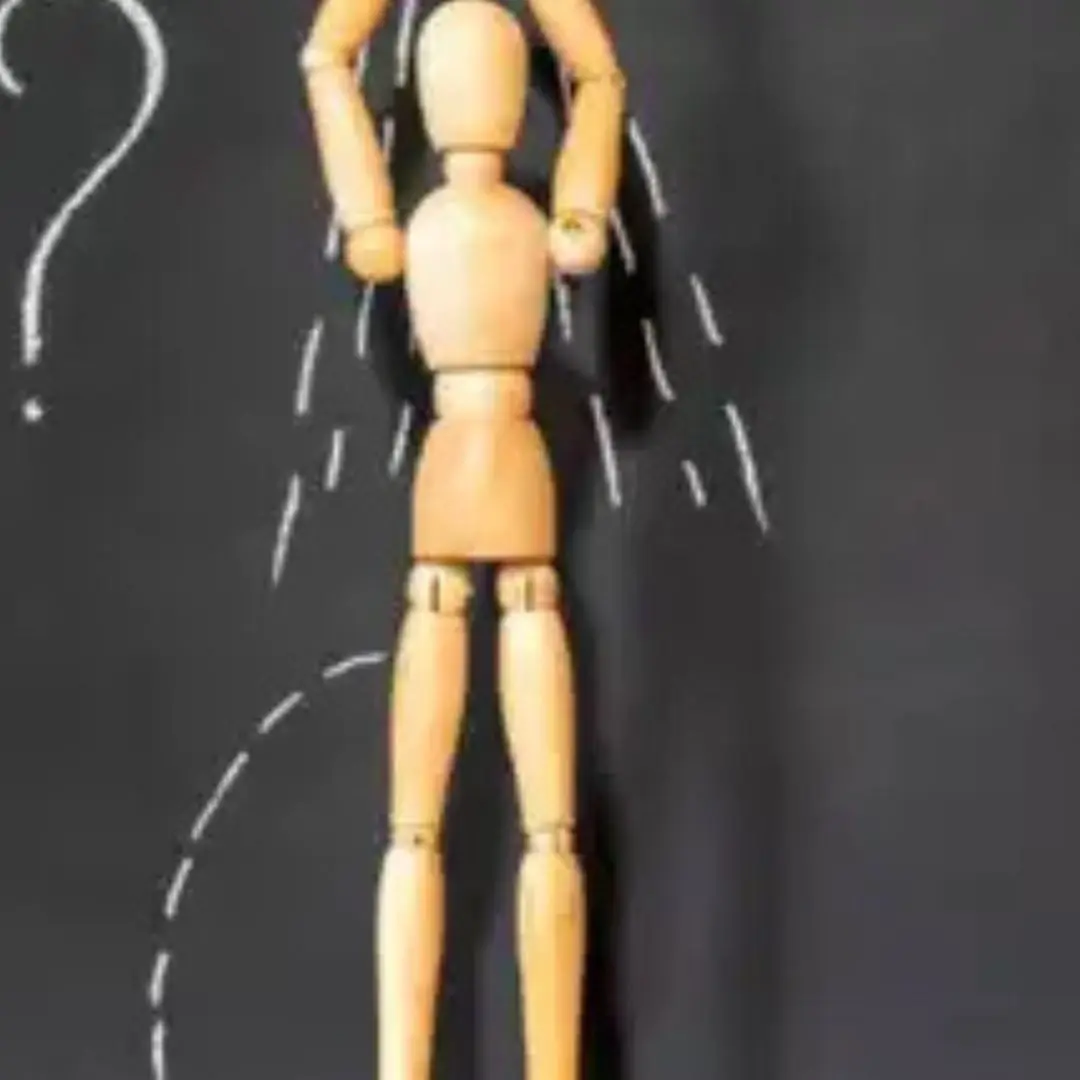
From a 22-Year-Old's End-Stage Kid.ney Failure: A Wake-Up Call from Your Body’s Warning Signs
From a 22-Year-Old's End-Stage Kid.ney Failure: A Wake-Up Call from Your Body’s Warning Signs
At just 22 years old—young, healthy, and without any history of chronic illness—H., a male university student in Ho Chi Minh City, was devastated to receive a diagnosis of end-stage kidney failure after only a few months of fatigue and unexplained weight loss.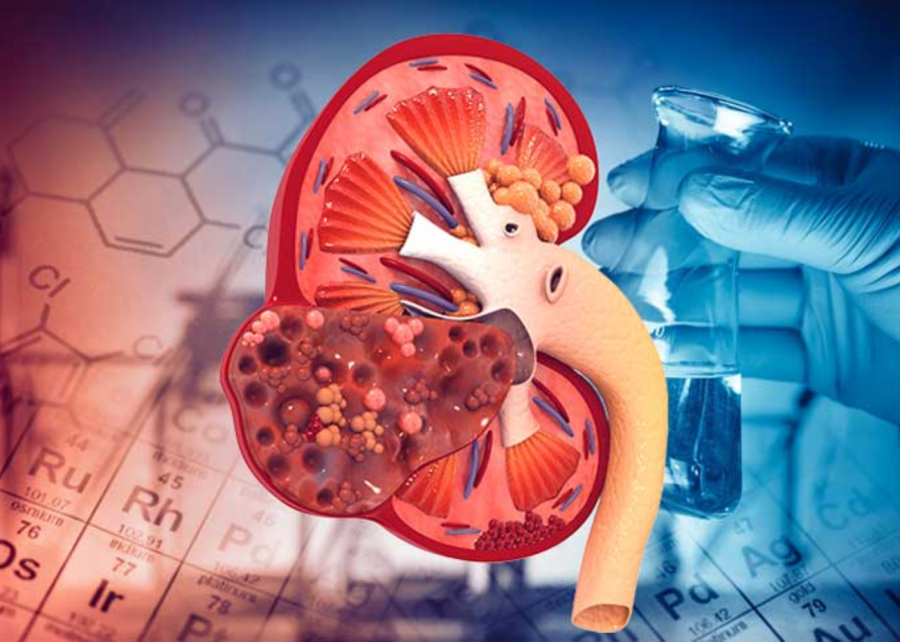
Ignoring the “Mild” Symptoms
H., a final-year student majoring in Software Engineering, shared that about three months ago, he started feeling constantly tired and found it hard to concentrate in class. Despite eating normally, he lost nearly 5 kilograms in a short time. At first, he assumed it was due to exam stress and late nights working on projects, so he didn’t pay much attention.
“I just felt tired all the time, had frequent headaches, and couldn’t sleep well. Some days, I urinated less and my urine was darker, but I thought it was just because I wasn’t drinking enough water,” H. said.
It wasn’t until he fainted in class and was rushed to the hospital that doctors discovered his blood creatinine and urea levels were abnormally high—clear indicators of severely impaired kidney function. Further ultrasounds and lab tests confirmed the diagnosis: end-stage chronic kidney disease. H. would now require regular dialysis or a kidney transplant to stay alive.
Kidney Failure Is Striking Younger People
A nephrologist at 115 People's Hospital explained that H.’s case is not uncommon. In recent years, kidney failure among young people—especially students and office workers—has been rising rapidly. The main causes are unhealthy lifestyles, irregular eating habits, overconsumption of sugary drinks, long-term use of painkillers, and chronic sleep deprivation.
“Early-stage kidney disease is often very silent, with no obvious symptoms. Patients may just feel a bit tired, urinate more at night, or experience mild swelling—signs that are easy to overlook. By the time symptoms like full-body swelling, high blood pressure, nausea, and extreme fatigue appear, the kidneys may already be 80–90% damaged,” the doctor warned.
Warning Signs of Kidney Failure You Shouldn't Ignore
Health experts recommend that everyone—especially young people—stay alert to these early signs of kidney problems:
-
Frequent nighttime urination: Needing to urinate often at night, even when drinking little water.
-
Changes in urine: Dark color, foaminess, strange odor, or traces of blood.
-
Swelling: Puffiness in the face, limbs, or full body due to the kidneys’ inability to filter out excess salt and water.
-
Persistent fatigue: Feeling exhausted without exertion, poor concentration, constant drowsiness.
-
Nausea and loss of appetite: Caused by toxin buildup in the bloodstream when the kidneys fail to filter properly.
-
Unusual high blood pressure: Weakened kidneys make blood pressure harder to regulate.
Doctor’s Advice on Kidney Health
To prevent kidney disease, doctors advise the following:
-
Drink enough water daily; avoid sugary drinks, bubble tea, alcohol, and soda.
-
Limit salt and animal protein in your diet; avoid overly salty or meat-heavy meals.
-
Do not take painkillers long-term without medical supervision, especially NSAIDs.
-
Maintain a regular sleep schedule and avoid staying up late.
-
Get health check-ups every 6–12 months—especially if you’re at high risk (e.g., have diabetes, hypertension, or obesity).
Kidney disease is no longer just a problem for the elderly. Young people today face a growing risk due to poor lifestyle choices and neglect of early warning signs. H.’s story is a powerful reminder: don’t wait for your body to “speak up” before you start caring for your health. Small, positive habits today are your best protection for a healthier tomorrow.
News in the same category

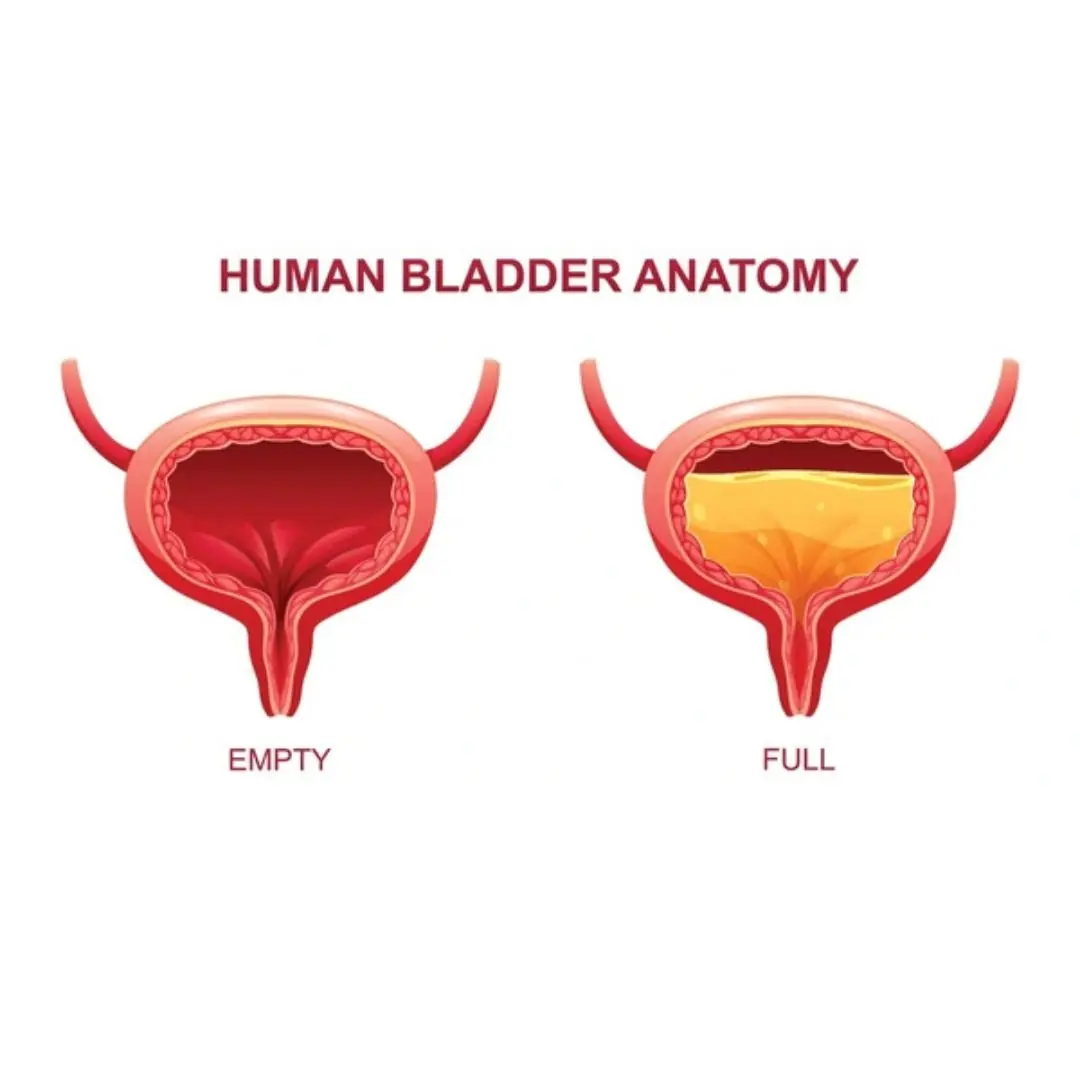
Top 7 Foods To Protect Your Bladder — Plus 7 You’d Better Avoid
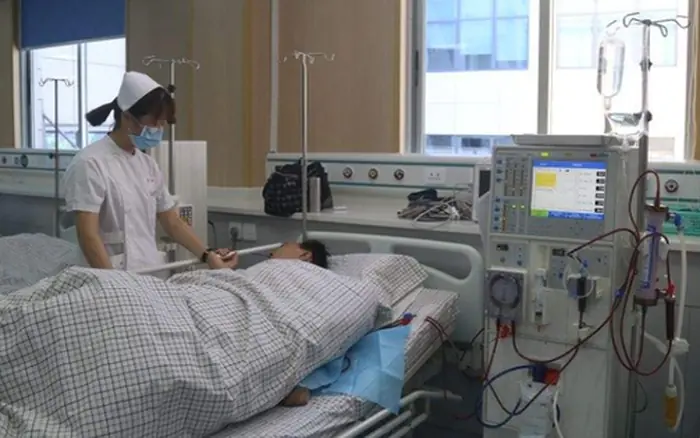
Drinking Plain Water Is Healthier Than Eating These 3 Foods in Summer
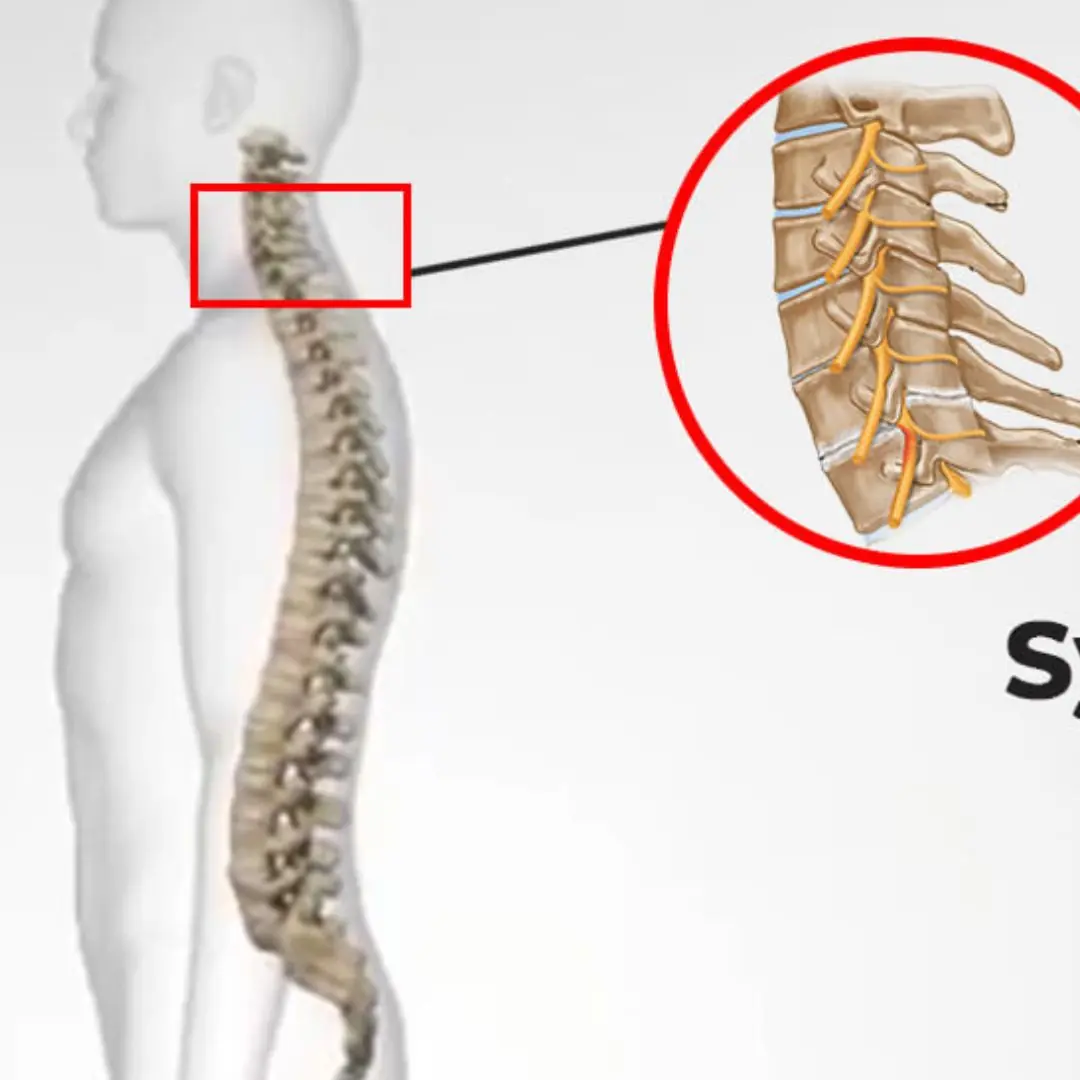
Cervical Spondylosis — A Common Cause of Neck P.a.in
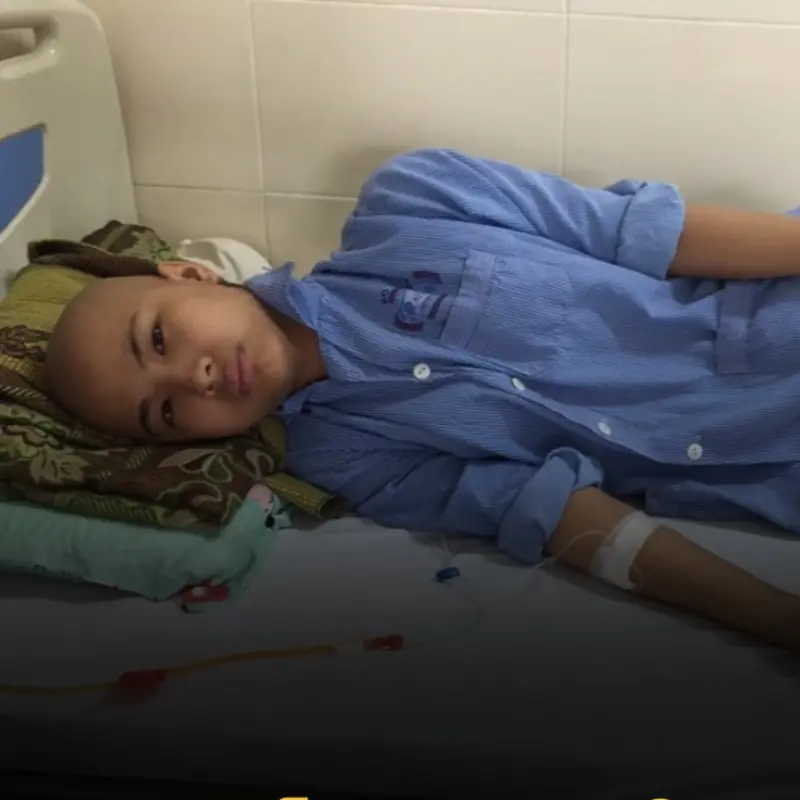
Stage 4 Can.cer at Age 28: Ignoring 3 Warning Signs Almost Cost Her Life
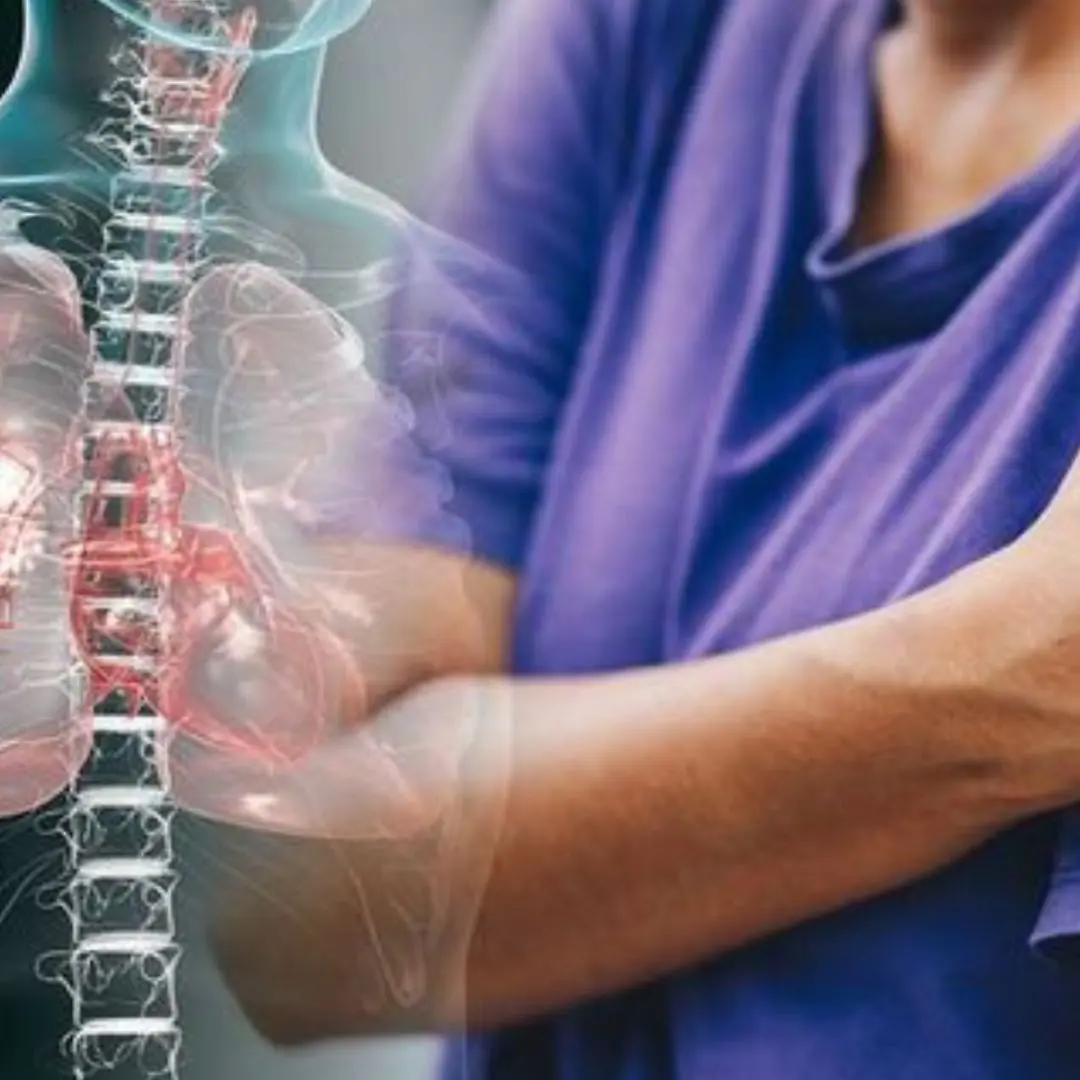
Caught Early, Treated Better: 5 Warning Signs of Lung Cancer You Must Know
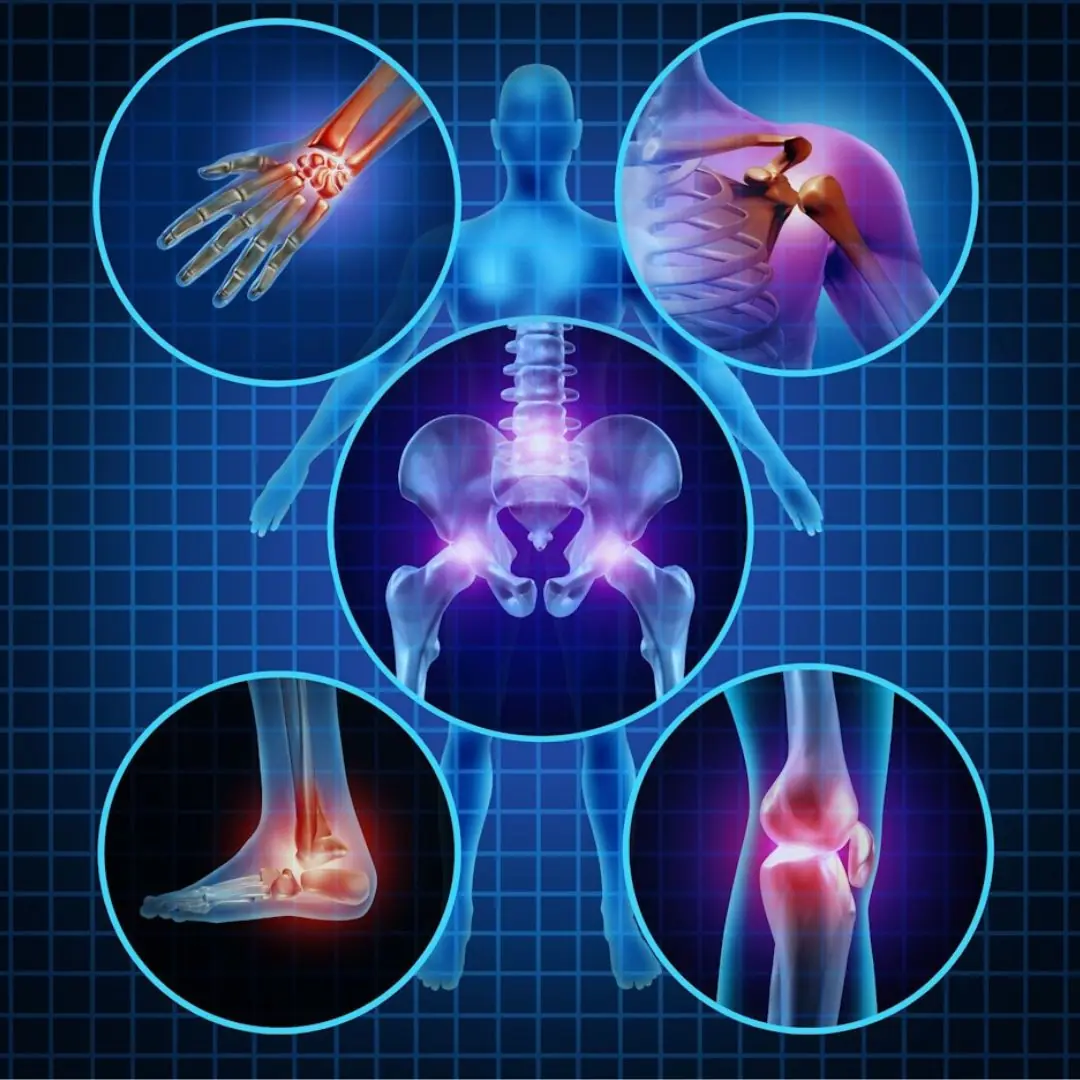
7 Kinds of Pain That Shouldn't Be Ignored
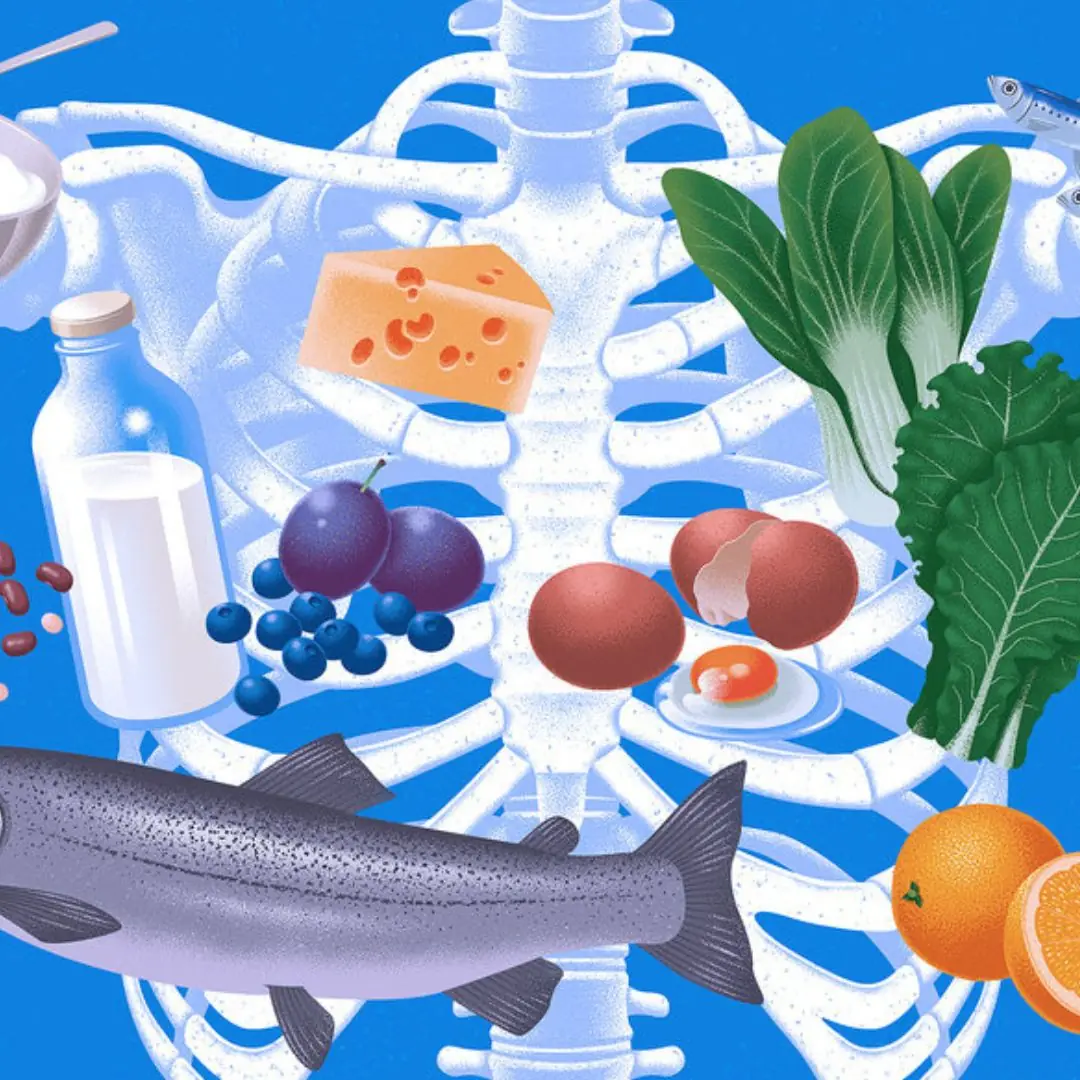
Know About 6 Super-Foods For Osteporosis
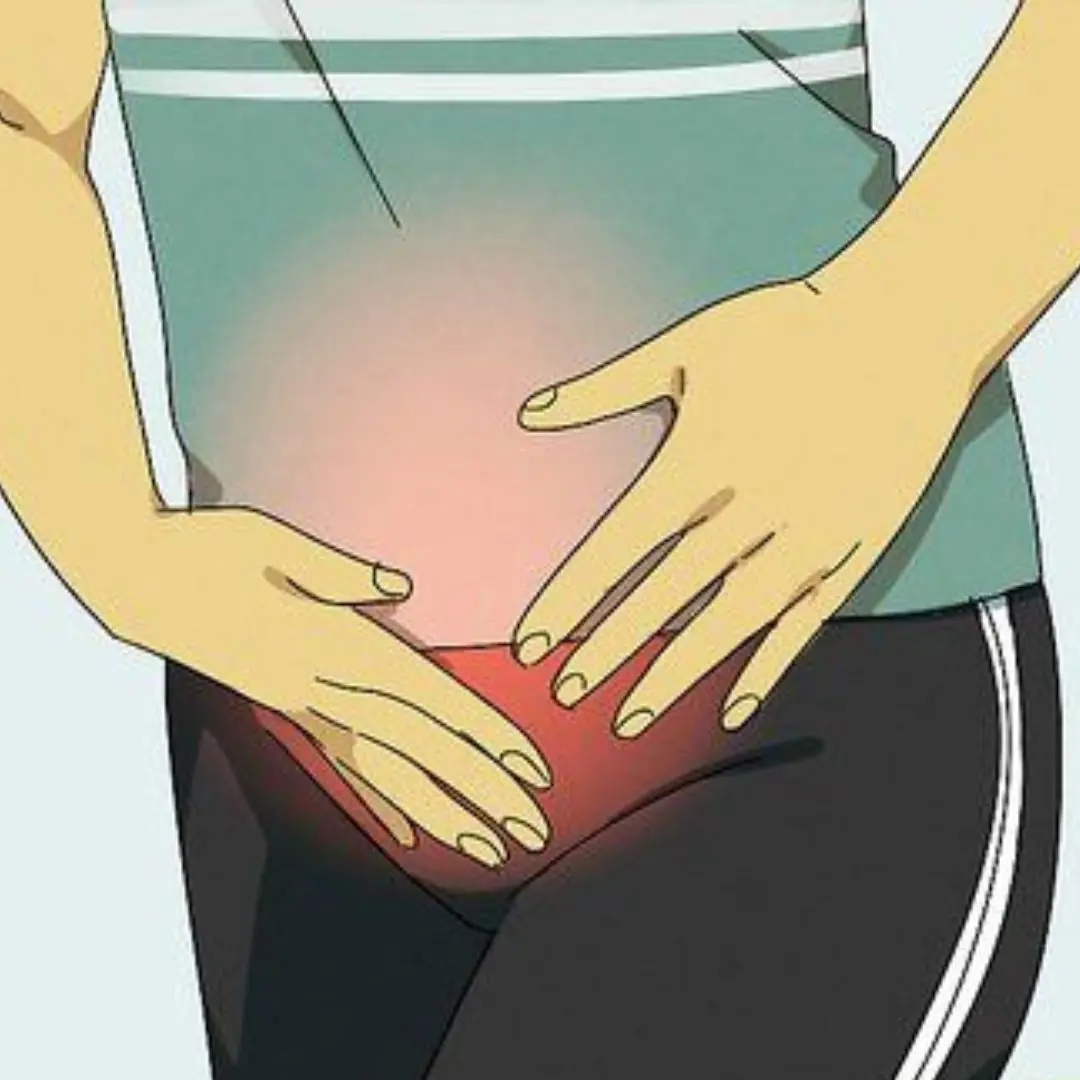
Why your va.g.ina smells like fish and how to solve it

Eating One Banana a Day Provides 5 Surprising Health Benefits
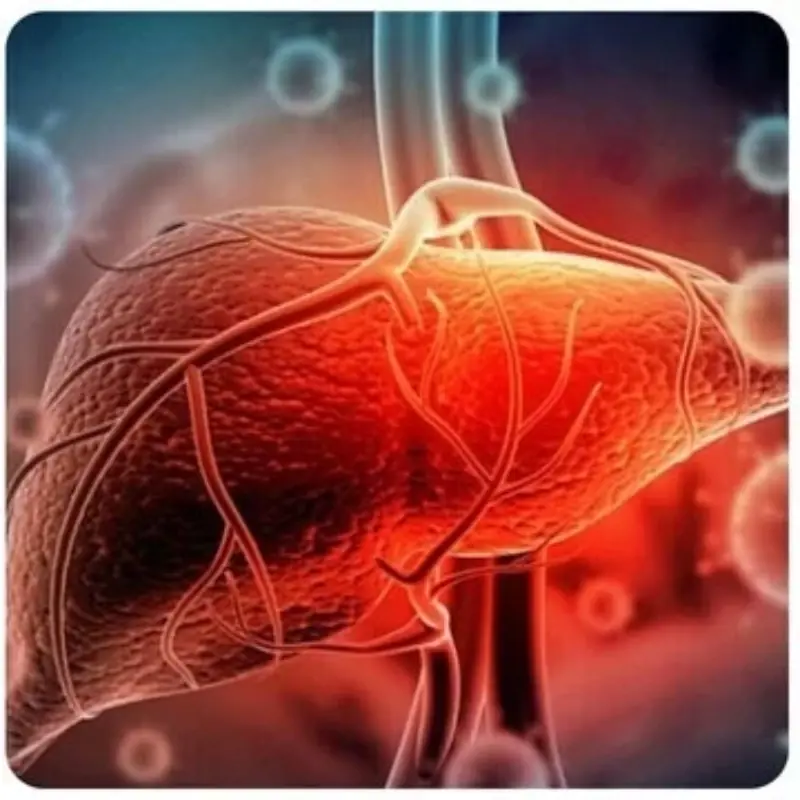
Don’t Ignore These 2 Warning Spots
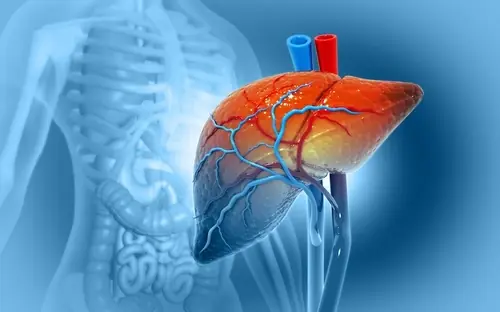
If you wake up in the morning and see your body has these 2 characteristics, be careful, your liver is on the "brink" of failure

Doctors nod in approval: 5 cheap but extremely "high-quality" drinks in preventing stroke

A common mushroom turns out to be the "queen of immunity", rich in 18 types of amino acids and can prevent many diseases
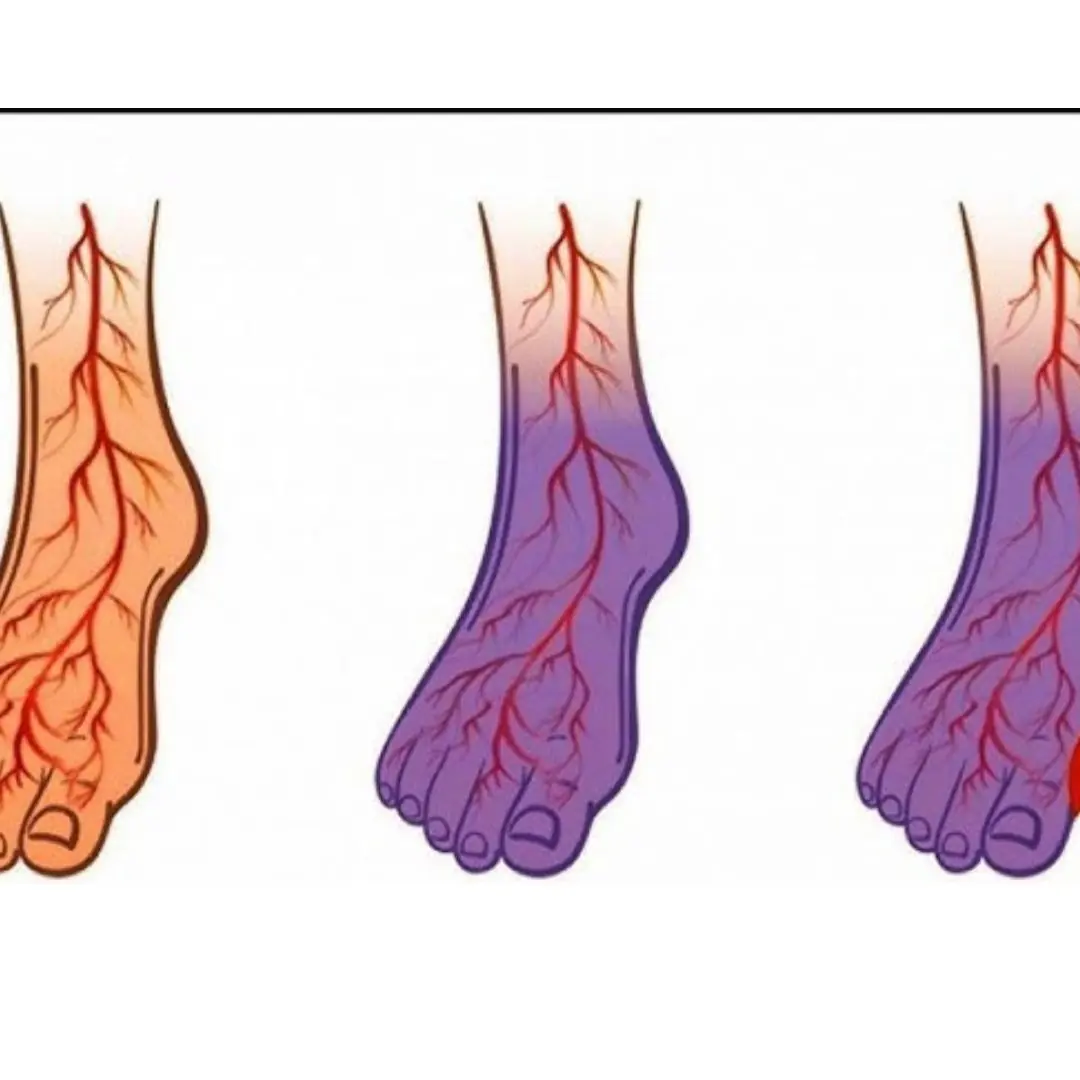
5 Things That Put You at Greater Risk for Developing Varicose Veins
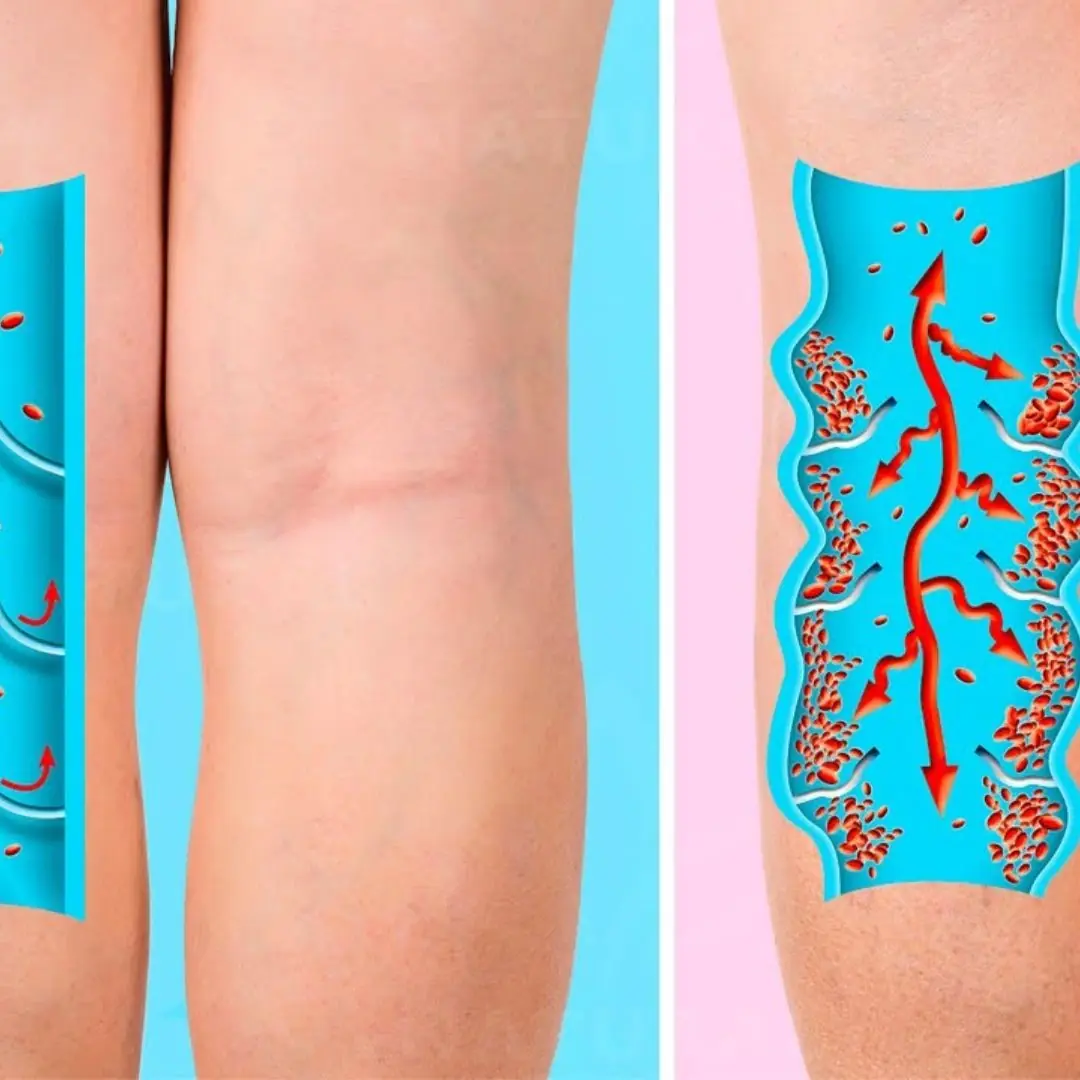
Tired of Poor Circulation and Varicose Veins? Try These 6 Effective Tips!

Papaya Leaves: A Valuable Medicinal Herb
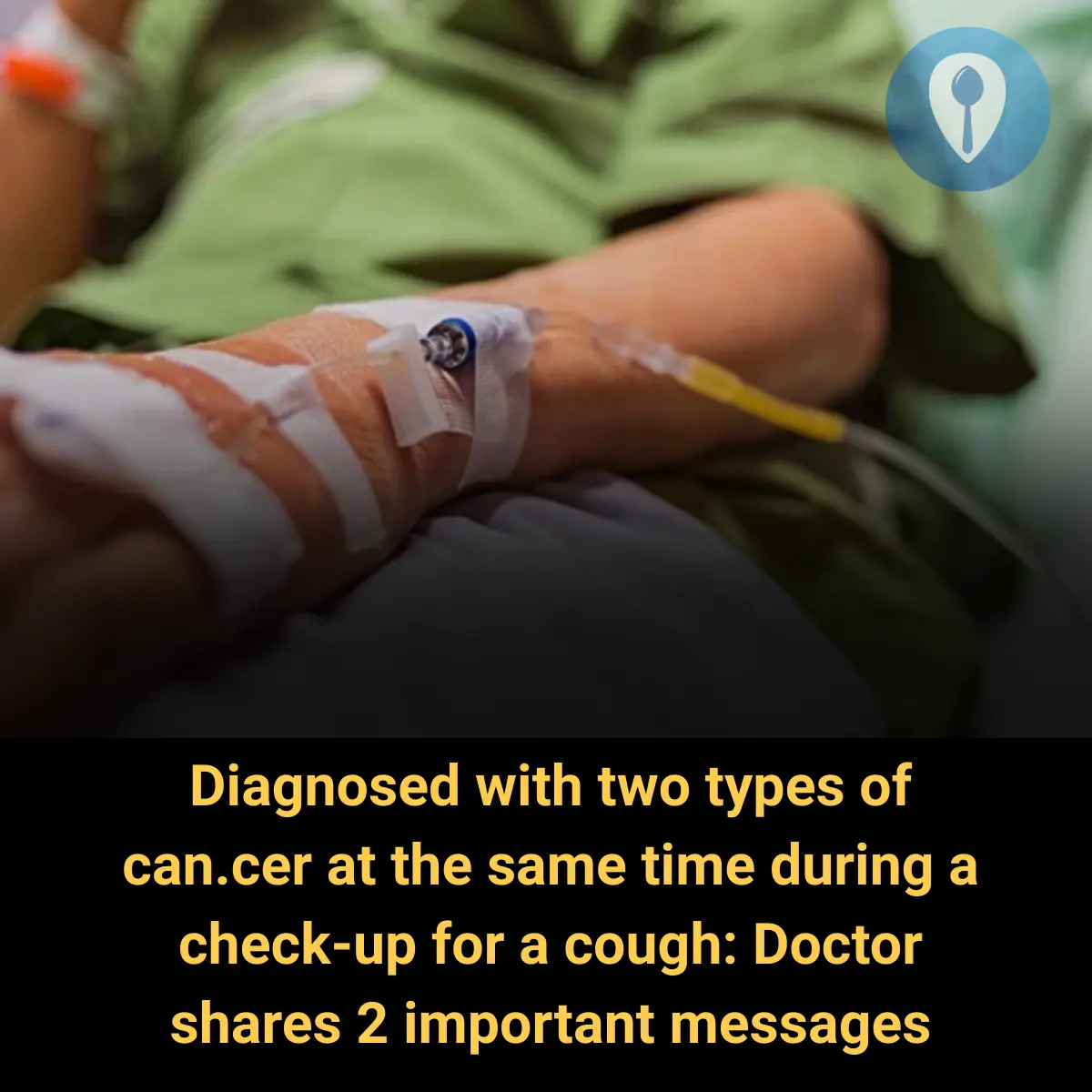
Diagnosed With Two Types of Can.cer During a Routine Cough Check

Is Eating Sweet Potatoes Good for You? Health Benefits Everyone Should Know
News Post
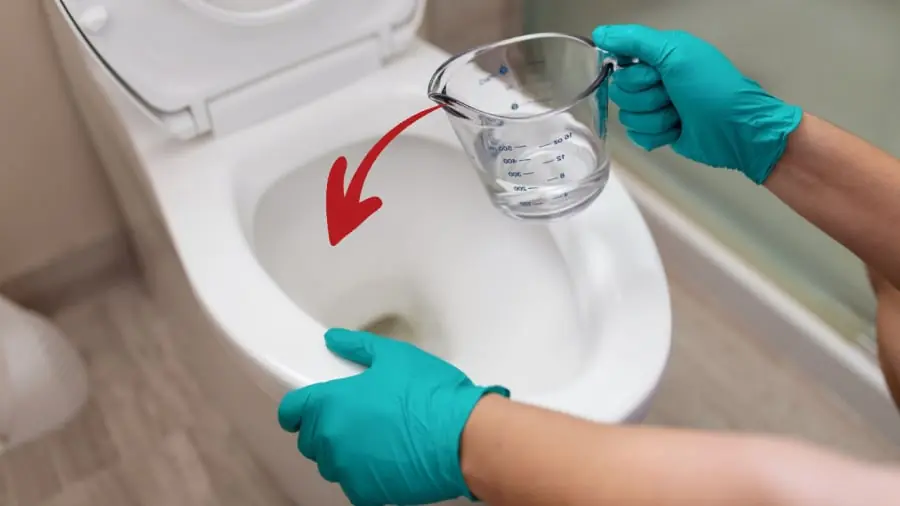
Pouring Hot Vinegar Into the Toilet May Seem Wasteful

Health Warning! Peeing in the shower can severely harm your bladder and pelvic health

Experts Reveal: The Real Carb Bomb Isn’t White Rice

Top 7 Foods To Protect Your Bladder — Plus 7 You’d Better Avoid
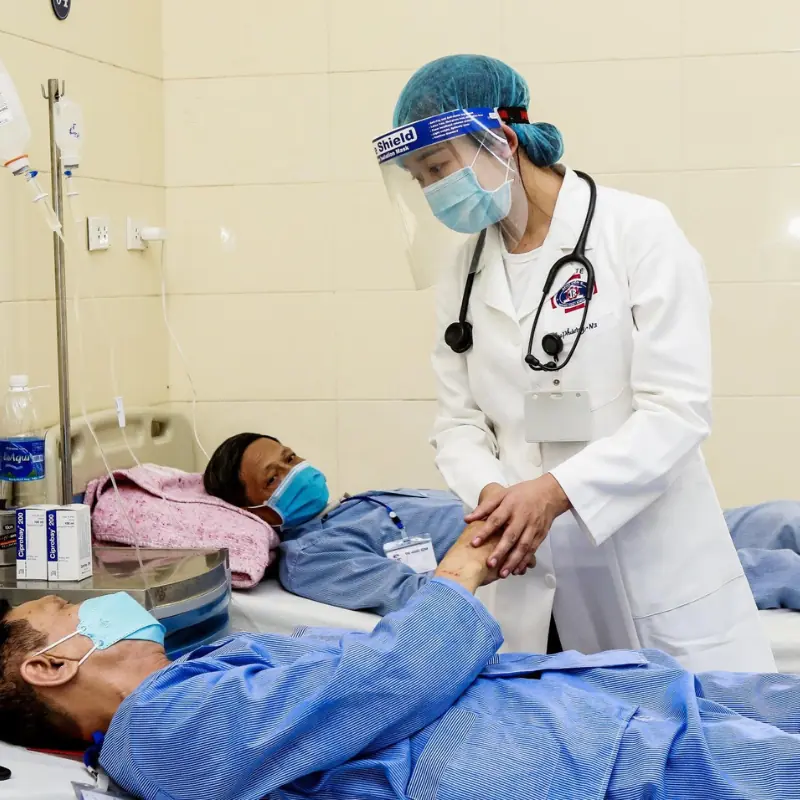
Helped Uncle Treat Can.cer but Received a Mysterious Bag in Return

Woman drank 8 limes daily to detox—paid the price for trusting social media advice

Is Eating Soft-Boiled Eggs More Beneficial Than Fully Cooked Eggs?

10 Juicing Mistakes to Avoid at Home: Boost Your Health the Right Way

Why do hotels usually let guests check in at 2pm and check out at 12pm?

No Fridge? No Problem! 14 Foods That Stay Fresh Without It

Drinking Perilla Leaf and Ginger Tea Is Better Than Any Tonic

Drinking Plain Water Is Healthier Than Eating These 3 Foods in Summer
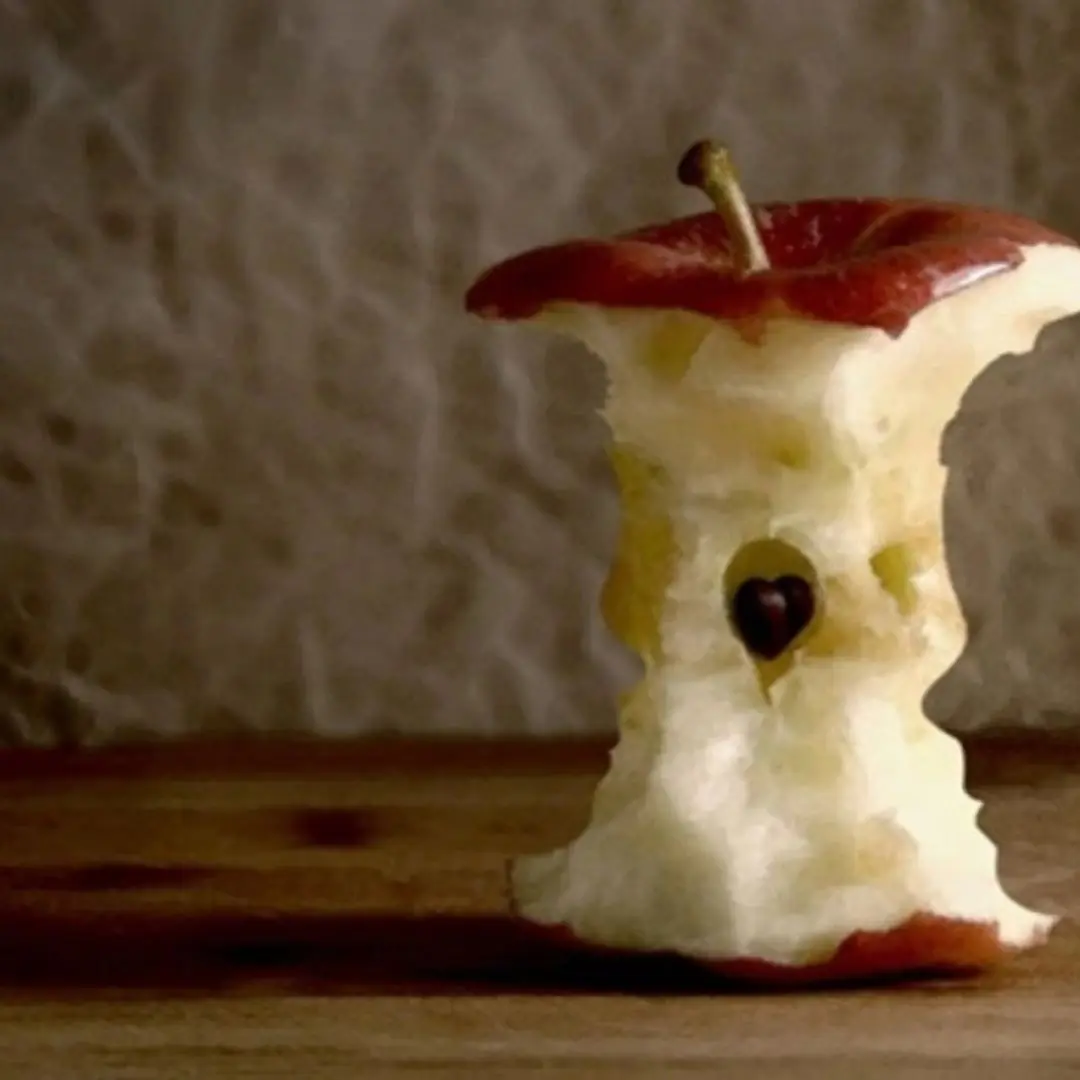
Can you spot the two ch.il.dren hidden in the picture?

Can the emergency exit door open while flying? — Little-known fact

Cervical Spondylosis — A Common Cause of Neck P.a.in

Stage 4 Can.cer at Age 28: Ignoring 3 Warning Signs Almost Cost Her Life
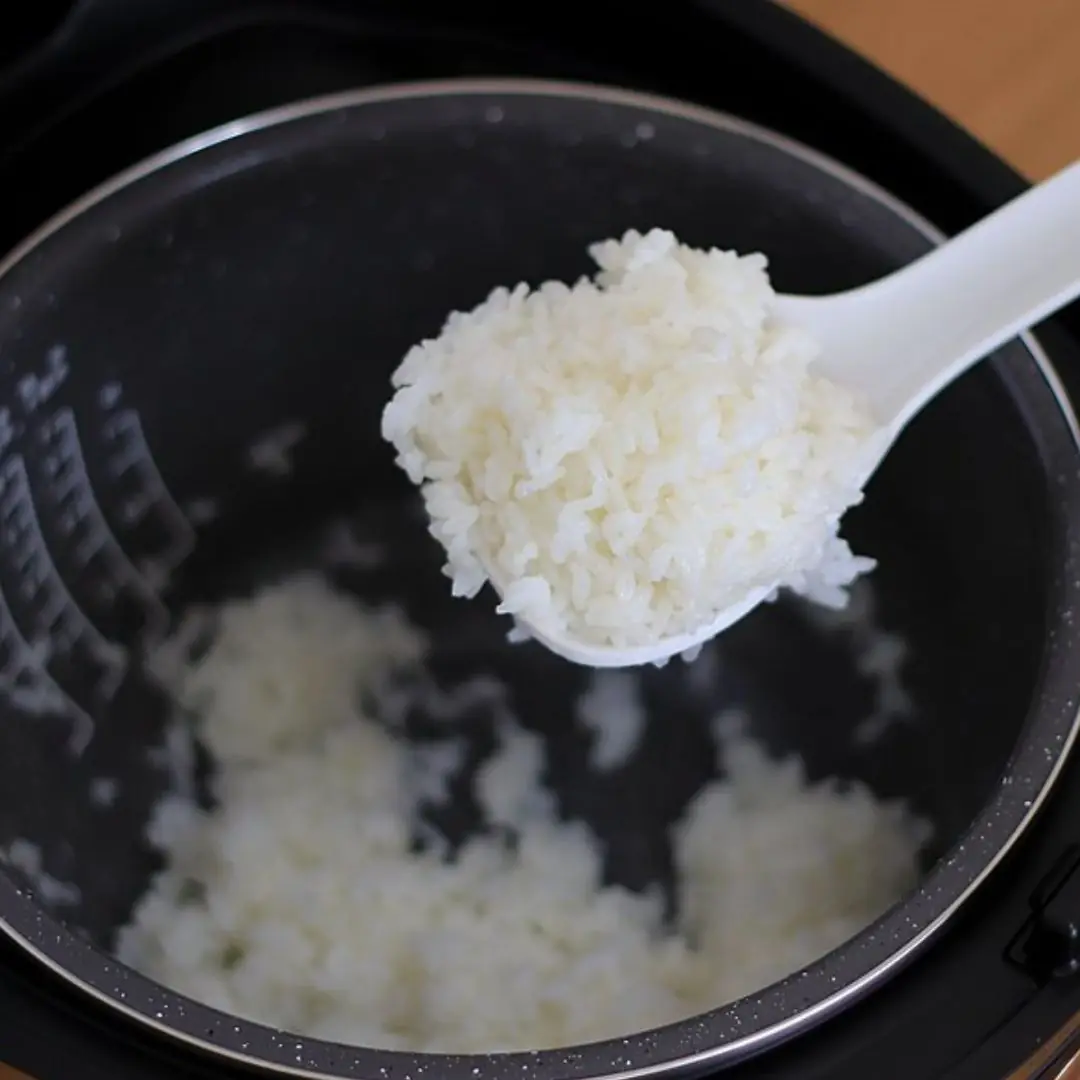
O arroz deixado na panela elétrica durante a noite ainda pode ser consumido
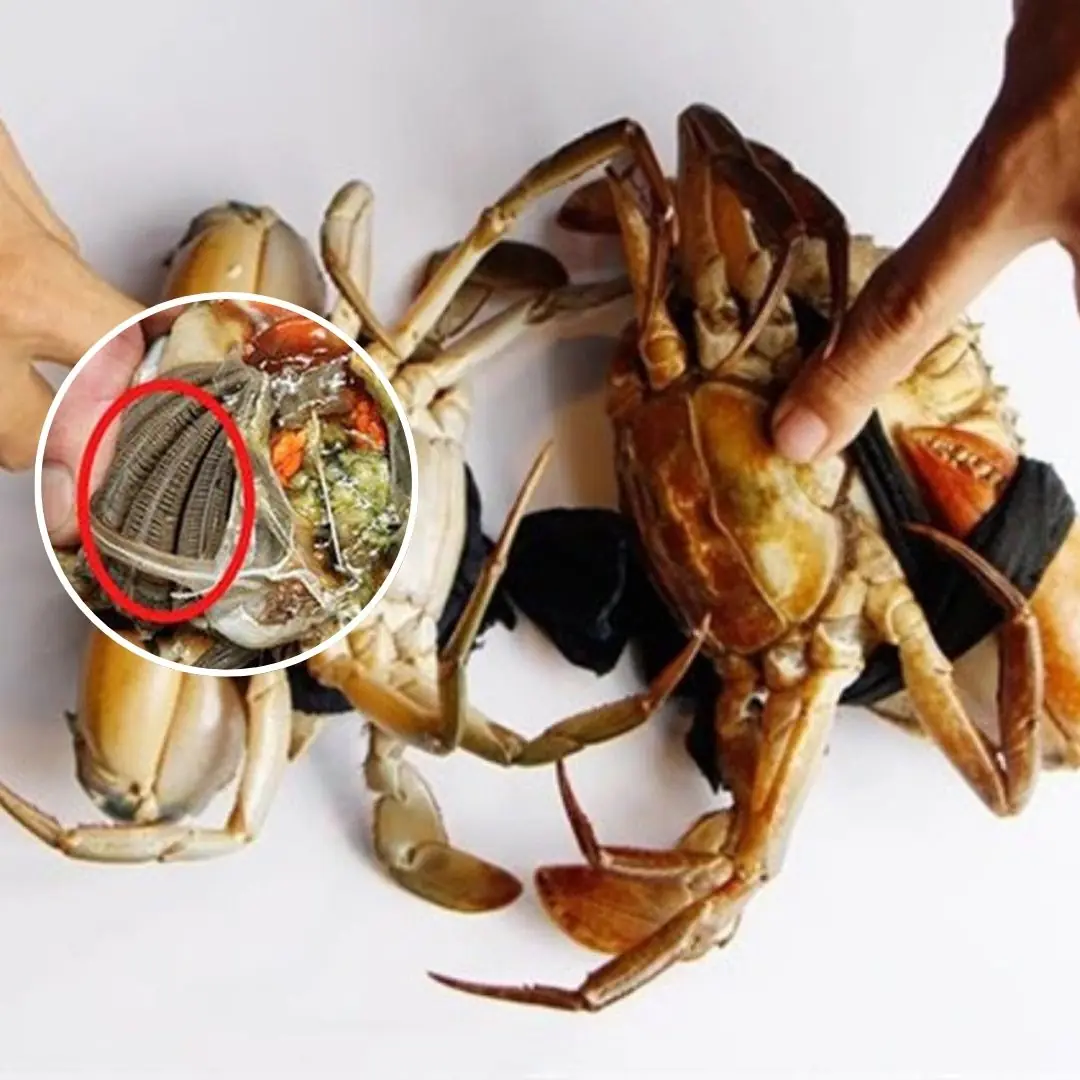
Don’t Eat These 3 Parts of a Crab — Experts Say They Could Harm Your Health
